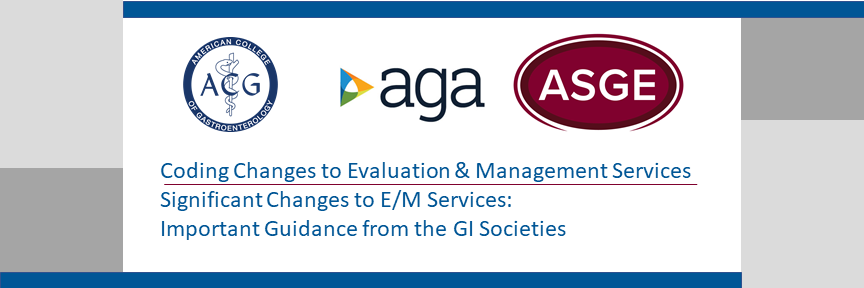President Biden Releases Executive Orders & Other Policy Updates

From ACG Legislative and Public Policy Council Chair, James C. Hobley, MD, MSc, FACG
Shortly after being inaugurated on Wednesday, President Biden issued a series of Executive Orders (EOs) to address the country's response to COVID-19 and other policy issues. EOs are essentially directives for federal executives and agencies to begin implementing these policy goals. Click here to find the press release describing these EOs. The healthcare-related EOs include a 100 day mask requirement in federal facilities and interstate travel, rejoining the World Health Organization (WHO), a "whole of government response to COVID-19," a "whole of government response to advance racial equity," and reviewing and improving the regulatory process.
On Thursday and Friday, President Biden again released a series of EO's aimed at ramping up COVID-19 testing and vaccinations, tightening enforcement of workplace safety rules, and allocating more funding to states. Among the EOs, President Biden will utilize the Defense Production Act to increase the supply of all the materials needed to get the vaccines into arms and ramp up testing. The order covers N95 masks and other protective gear, testing machines, rapid test kits and syringes capable of maximizing the amount of COVID-19 vaccines that can be extracted from vials. President Trump also invoked the Defense Production Act for similar purposes last year.
CMS Releases Final Rule on Prior Authorization: Last week, the Centers for Medicare and Medicaid Services (CMS) released a final rule designed to increase the transparency and efficiency of the prior authorization process. Click here for the fact sheet. You can learn more below with ACG’s “policy snapshot,” providing a summary of the rule and implementation dates. Please note that this rule may actually be rescinded by the Biden administration. ACG will continue to update members as the Biden administration reviews and vets recently proposed and finalized rules impacting ACG members.

Coding Changes to Evaluation & Management (E/M) Services: Important Guidance from the GI Societies


From ACG CPT Coding Physician Advisor, Christopher Y. Kim, MD, FACG
The ACG, AGA, and ASGE on-demand webinar series offers practical information you can implement immediately in your practice to maximize reimbursement and stay compliant with Medicare rules. Please share this valuable resource with any member of your team responsible for coding and billing. Learn about the 2021 changes to evaluation and management (E/M) codes and guidelines and coding for telehealth (video visits) and telephone E/M from our current procedural terminology (CPT) experts. Please click here to access the webinars and to learn more about the 2021 changes to E/M services.
ACG Board of Governors Urging States to Improve Vaccination Roll-Out Process

From Vice Chair and Chair of the ACG Board of Governors, Dayna S. Early, MD, FACG and Patrick E. Young, MD, FACG
Last week, the ACG Board of Governors sent letters to U.S. Governors across the country, urging states to explore all resources available to ensure that front-line healthcare providers have access to COVID-19 vaccinations. Specifically, independent healthcare practices and freestanding ambulatory surgical centers. In these letters, ACG Governors also urged states to consider patients with multiple comorbidities and complex gastrointestinal diseases as a “high-risk” population for COVID-19, and therefore, a high priority for COVID-19 vaccinations in the general population. Click here to read one example of these letters.
These letters were sent in response to ACG membership feedback on the inefficient roll-out of COVID-19 vaccinations across the country, and the lack of access for independent GI practices and staff. We will keep you updated on any developments as the vaccine roll-out continues.
Remember to contact your ACG Governor on important state and local issues impacting you and your practice.
The ACG Board of Governors is one of the most unique aspects of the American College of Gastroenterology. Governors are ACG Fellows that are elected from the membership of a particular state or region. There are currently 77 Governors across seven different regions in the U.S. and abroad. The Board of Governors acts as a two-way conduit between College leadership and the membership at-large. This helps the College make certain it is meeting the evolving needs of the membership.





